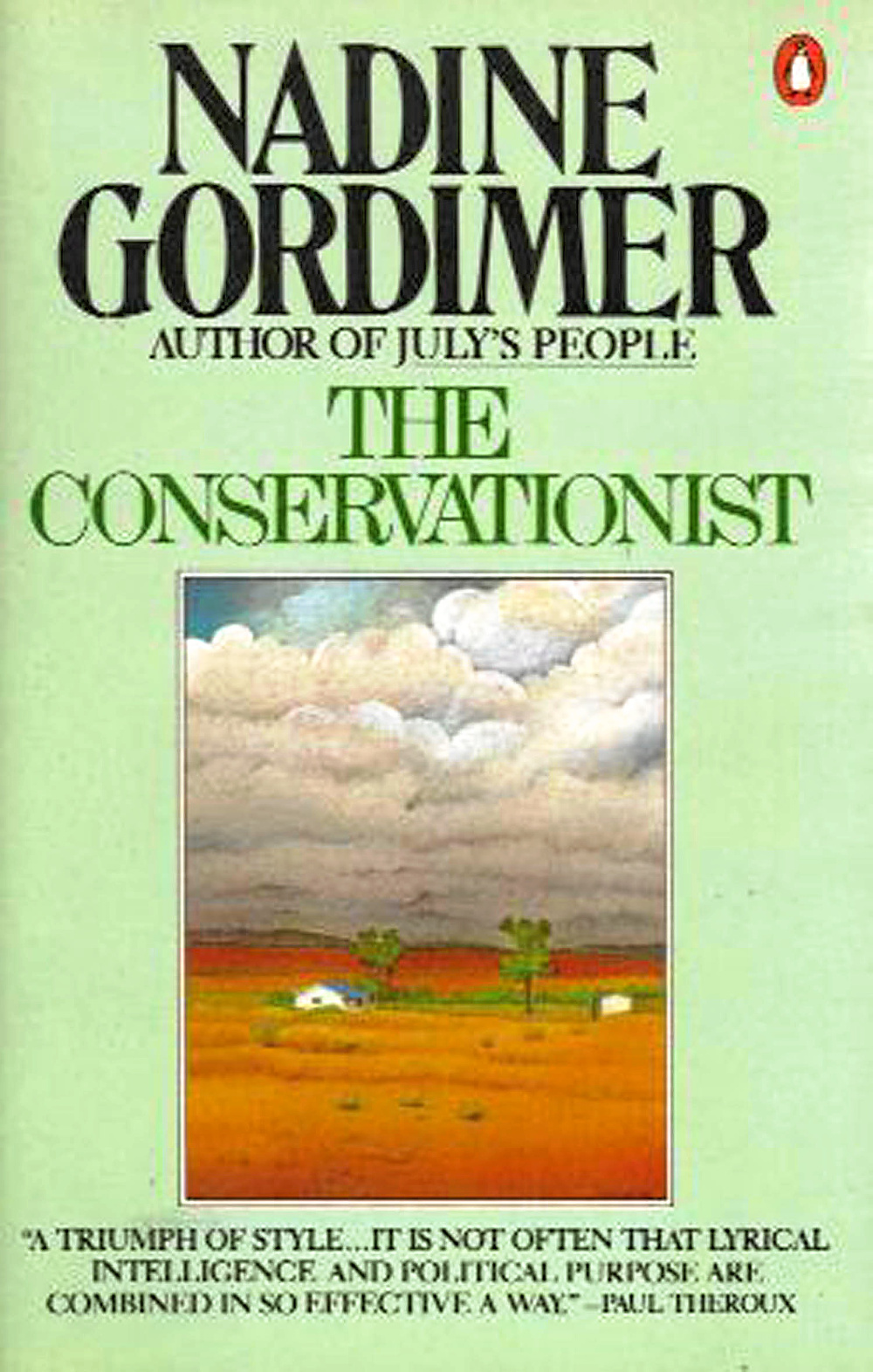Stranded passengers wait for buses to pick them up as normal operations slowly return after a shooting incident at Los Angeles International Airport.
Nadine Gordimer gave expression for so many decades to the textures of South African experience and the currents of our history that it is difficult for me to imagine our literary and cultural life without her.
Throughout her lengthy and extraordinarily prolific career, she challenged her readers; and now, following her death, her legacy challenges those of us who would wish to offer an appropriate tribute. For it is impossible to do justice to the vast body of work – both creative and critical – she has left. Or to her status as one who, even as she observed our convoluted society with a precise and prescient eye, did much to shape our understanding of it.
The best I can do is touch on what I believe to be some important aspects of what her writing has revealed and embodied.
Gordimer gave us the gift of complexity (which is something very different from difficulty). In the honed realism of her earlier writing and in the unpredictable movements of her later work, she demonstrated that South African realities are knotty, jagged and uncomfortable; and that, in representing these, writers can and should avoid the superficial and the formulaic. She was a deeply ethical writer. Central to her ethics was the integrity she attributed to art itself. She chose The Coming of Wisdom with Time, a short poem by W B Yeats, as an epigraph to her first novel, The Lying Days (1953):
Though leaves are many, the root is one/ Through all the lying days of my youth/ I swayed my leaves and flowers in the sun;/ Now I may wither into the truth.
This quest for the truth never left her. It extended beyond her outspoken and courageous opposition to apartheid, censorship and what she saw as some of the shortcomings of the post-apartheid period.
Ethics
For her, being ethical included a recognition of how complex morality is, particularly in a fraught political environment. The widespread perception of Gordimer as an overtly “political” writer, sacrificing her art to her political activism, is utterly inaccurate. In her fiction, framing the right questions was always more important to her than giving the right answers. In the variety of her subject matter and the constant changes in style and modes of narration, she showed how elusive were the truths she sought to render; but she never gave up.
Gordimer saw habitual modes of perception as aesthetically stultifying and politically dangerous: “Apartheid,” she famously declared in an essay titled Living in the Interregnum, “is above all a habit: the unnatural seems natural.”
Her intention was, therefore, through feats of the imagination (which she understood always as fundamentally transformative) to reveal to her readers the strangeness that lurks within familiarity, particularly in a society so hobbled by its history that it struck her, as she said in the same essay, as resembling a “perpetual clutter of curled photographs of master and servant relationships”.
Her work was also informed by her awareness of the complex allegiances of the writer. For all her activism and political engagement, Gordimer had a powerful belief in the fundamental autonomy of art and its responsibilities to itself. She saw the writer as an almost hieratic figure, urging the necessity of craftsmanship as an unending apprenticeship.
She believed that the dual impulses in the writer – towards social obligation, on the one hand, and the loneliness of an inner truth, on the other – are a form of entwinement so complex that she tended to represent it as a battle, but one which sparks crucial energies. As she wrote in her influential essay The Essential Gesture: “[The writer] needs artistic freedom and knows it cannot exist without its wider context; feels the two presences within – creative self-absorption and conscionable awareness – and must resolve whether these are locked in death-struggle, or are really foetuses in a twinship of fecundity.”
Little read in SA
Despite the acclaim she received, particularly abroad, I was saddened in recent years by certain aspects of Gordimer’s reputation and the reception of her writing. She was little read in her own country, which is lamentable. In critical circles there was a tendency to treat her work dismissively, perhaps for not being sufficiently “trendy”. Many declared her writing to be heavy going, even when they had read very little of it.
Some of this was her own doing: her recent novels and collections of short stories were disappointing. I would go as far as to say that several of them should not have been published. Reading them left me frustrated, not only because they revealed a diminution of her talents, but, more importantly, because I knew of people who were not familiar with her earlier writing and the work of her mature period, and who lost interest after ploughing through one of the recent publications. This distressed me, for I knew what they were missing.
Gordimer was a very fine novelist and one of the best short story writers the English-speaking world has ever produced. My wish is that news of her death will invite more of her compatriots to explore the full range and reach of her writing.
Reading novels such as The Conservationist and Burger’s Daughter, with their powerful engagement with the sweep of South African history, may prompt us to acknowledge anew: here is substance. Discovering or returning to short stories such as The Train from Rhodesia or Enemies ought to make us exclaim, with a deep and thrilling pleasure: here is perfection.
David Medalie is a novelist, short story writer and professor of English at the University of Pretoria.
